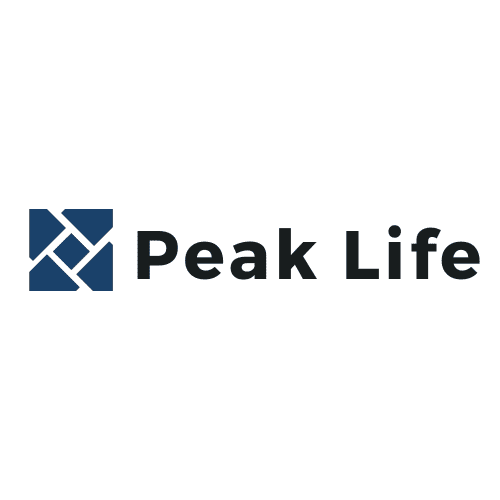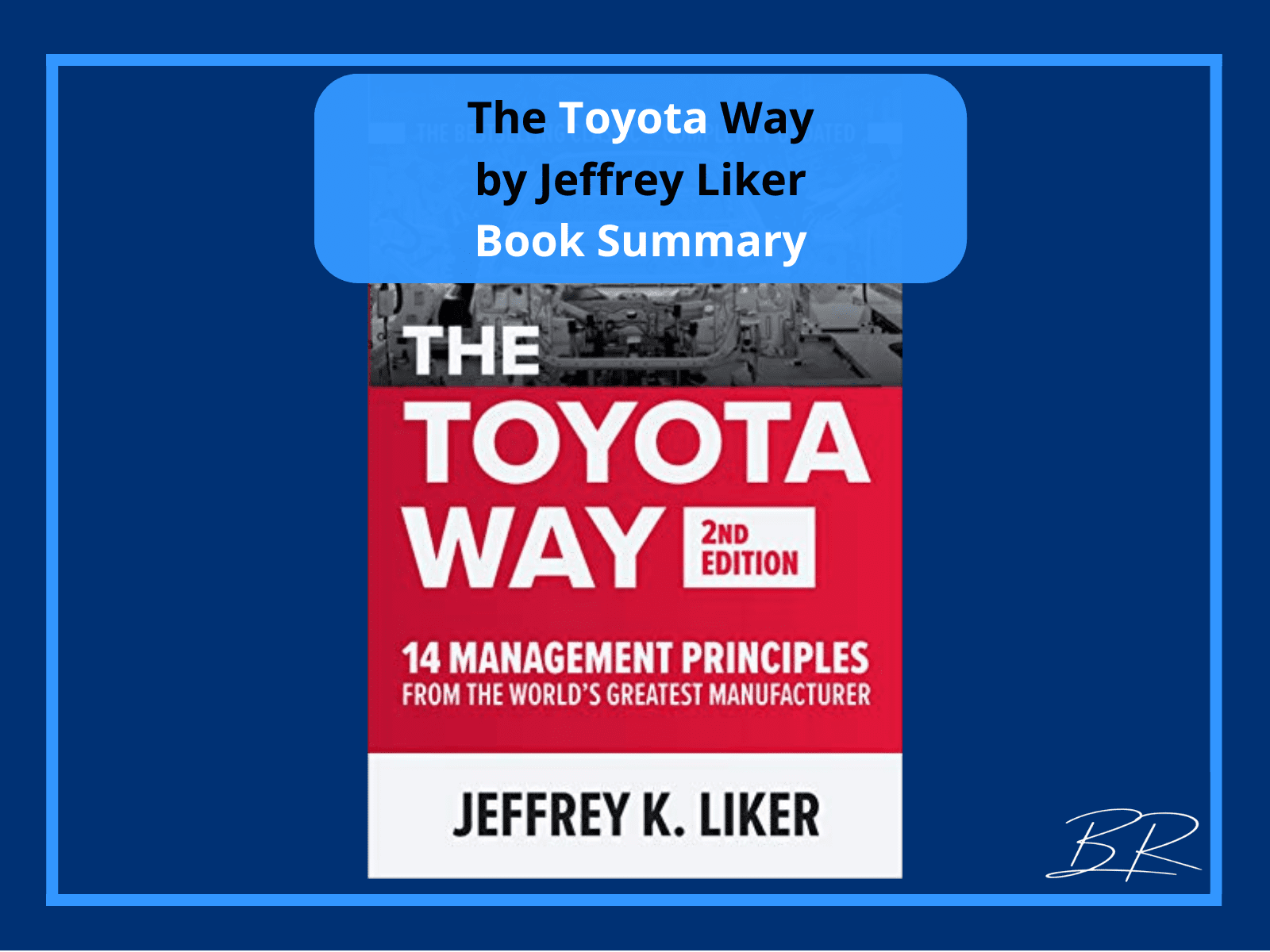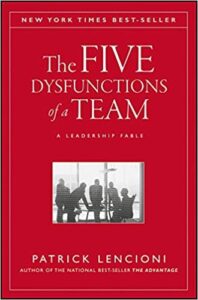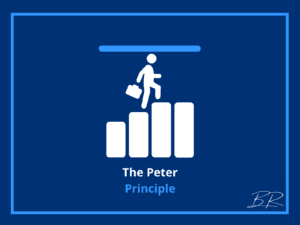The Toyota Way Book Summary
This post contains affiliate links that help supports this blog and cost you the exact same. If you do not wish to use affiliate links, then feel free to google the product.
The Toyota Way is a set of principles and practices that Toyota has used to become one of the most successful companies in the world.
The book, The Toyota Way, is based on the original 14 principles of the Toyota Way, which were first outlined in the bestselling book The Toyota Way: 14 Management Principles from the World’s Greatest Manufacturer.
The second edition of The Toyota Way expands on these principles and provides readers with a step-by-step guide to implementing them in their own organizations.
This summary will give an overview of the book, including its key takeaways and best quotes. We’ll also discuss who should read it and what they will get out of it.
The Toyota Way Book Summary
The Toyota Way is based on two pillars: continuous improvement and respect for people. Four sub-pillars support these pillars: challenge, kaizen (or continuous improvement), genchi genbutsu (or decision-making based on facts), and building a long-term vision.
The book provides readers with a detailed explanation of these pillars and sub-pillars, along with real-world examples of how they have been put into practice at Toyota. It also includes a step-by-step guide to implementing the Toyota Way in any organization, regardless of size or industry.

The Toyota Way 2nd Edition by Jeffrey k. Liker
The book links are Amazon Affiliate links. These cost you the exact same amount while providing me with a small commission. I greatly appreciate your support. If you do not wish to use affiliate links, feel free to simply google the title.
The 14 Principles from The Toyota Way
The Toyota Way is a practical business approach that the world-renowned automaker developed. It consists of 14 actionable principles that many other successful businesses have studied and strived to implement.
These foundational values help organizations establish a robust corporate culture and operational model. In addition, each principle addresses a specific type of challenges associated with running a business, such as how to approach problem-solving and the process of continuous improvement.
A thorough understanding of these principles can help any organization build successful team dynamics, stronger customer relationships, and advantageous competitive positioning in their market.
Principle 1: Base your management decisions on a long-term philosophy, even at the expense of short-term financial goals.
Principle 2: Connect People and Processes Through continuous process flow to bring problems to the surface.
Principle 3: Use “pull” systems to avoid overproduction.
Principle 4: Level out the workload, Like the Tortoise, Not the Hare (Heijunka).
Principle 5: Work to Establish Standardized Processes as the Foundation for Continous Improvement.
Principle 6: Build a Culture of Stopping to Identify Out-of standard Conditions and Build in Quality.
Principle 7: Use visual control to SUpport People in Decision-Making and Problem Solving.
Principle 8: Adopt and Adapt Technology that supports your people and processes.
Principle 9: Grow leaders who thoroughly understand the work, live the philosophy, and teach it to others.
Principle 10: Develop exceptional people and teams who follow your company’s philosophy.
Principle 11: Respect your value chain partners by challenging them and helping them improve.
Principle 12: observe deeply and learn iteratively (pDCA) to meet each challenge.
Principle 13: Focus the Improvement energy of Your People through Aligned goals at All Levels.
Principle 14: Learn your Way To The Future Through Bold Strategy, Some Large Leaps, and Many small steps.
Who Should Read It
The Toyota Way is written for leaders and managers in manufacturing who want to learn from one of the most successful companies in the world.
This best-selling book, written by Jeffrey Liker, teaches readers how to become successful in their respective fields, utilizing the methods of the very popular Toyota Production System. It is known for its detailed information on the philosophies and principles that have made Toyota one of the most successful companies globally. This book not only delves into the world of manufacturing and production but also emphasizes leadership and problem-solving.
The vast knowledge within these pages can help any business leader stay ahead of the ever-changing landscape in their industry.
With an open mind, anyone looking to boost their efficiency or improve overall operations can learn a lot from The Toyota Way.
Top 3 Takeaways From The Toyota Way 2nd Edition
1. The key to Toyota’s success is its focus on continuous improvement and respect for people.
2. The Toyota Way can be applied to any organization, regardless of size or industry.
3. Implementing the Toyota Way requires commitment and discipline from everyone in the organization. Not just top management.
Best 3 Quotes of The Toyota Way 2nd Edition
Quote 1
“Go and see for yourself to thoroughly understand the situation (genchi genbutsu).”
― Jeffrey K. Liker
Quote 2
“Standardization Is the Basis for Continuous Improvement and Quality”
― Jeffrey K. Liker
Quote 3
“Continuous improvement means getting better every day and is the driver for building a sustainable enterprise. Only those at the gemba can understand the problems fast enough to react quickly. Continuous improvement depends on a different paradigm of the role of the human—all humans are problem detectors and problem correctors—thinking scientifically.”
― Jeffrey K. Like
Conclusion
This book is a great place to start if you’re looking for a comprehensive overview of The Toyota Way. It offers valuable insights into one of the most successful companies in the world. In addition, it provides readers with a step-by-step guide to implementing its principles in their own organizations.
Whether you’re a leader or manager looking to improve your company’s performance or simply curious about Japanese business culture, this book is worth reading.







